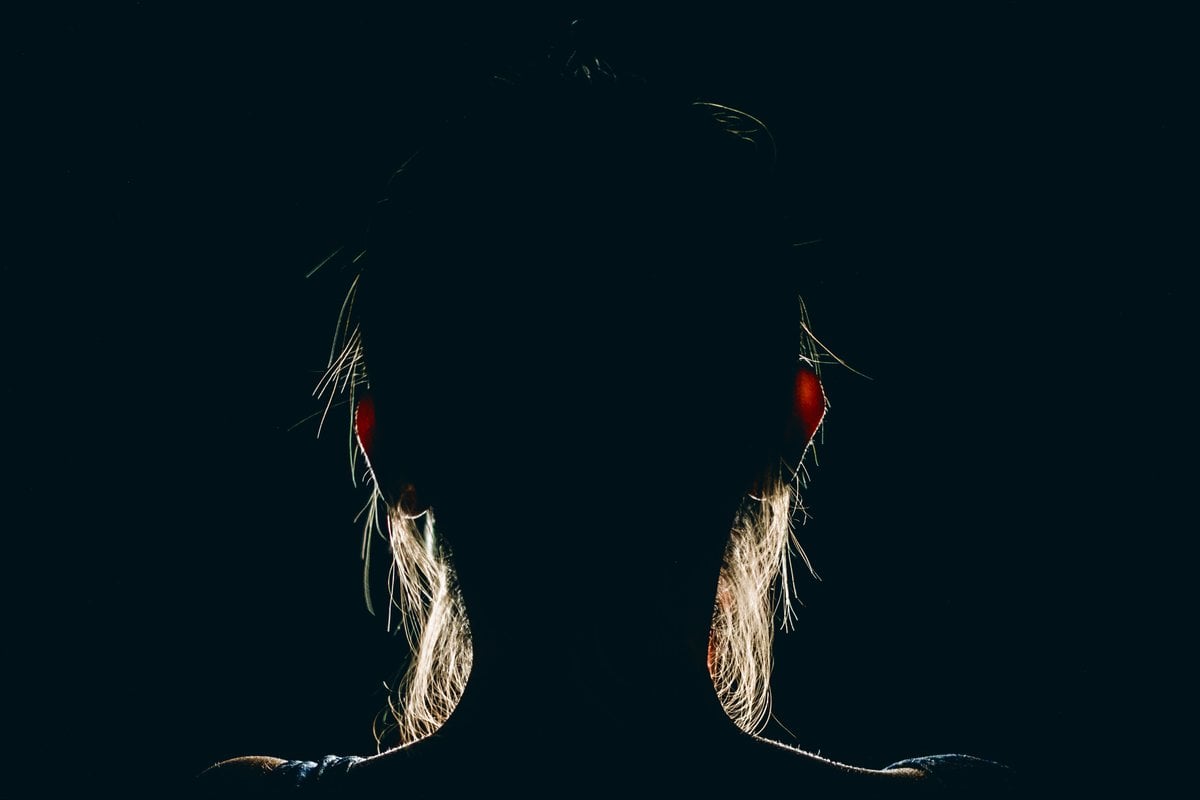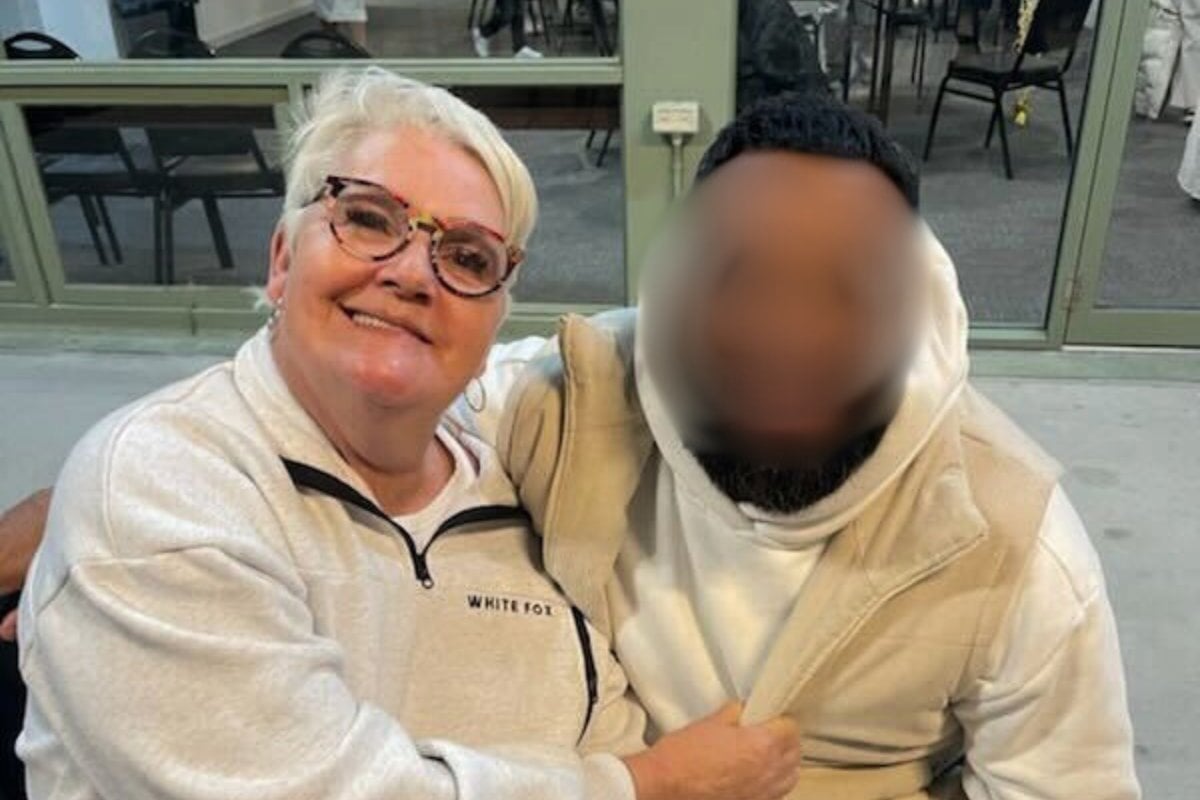
Content warning: This post deals with descriptions of domestic violence.
On a surface level, it might not be obvious—but there is something both significant and terrifying both NRL players and domestic violence victim-survivors have in common.
Chronic traumatic encephalopathy (CTE) is a degenerative brain disease that is caused by repeated head injuries. For years it's been associated with athletes who play contact sports.
But now new research has discovered the first cases of CTE in victims of domestic violence.
The study examined the post mortems of two Australian women who had endured decades of intimate partner violence, brutal assaults and head injuries before they died.
CTE, which causes similar symptoms to Alzheimer's Disease, or Parkinson's, directly correlates with excessive head injuries, and in most cases has a progressive clinical course — it starts with mild cognitive impairment that gradually gets worse and worse overtime.
Watch women and violence, the hidden numbers. Post continues below.
Dr Michael Buckland is Head of the Department of Neuropathology at the Royal Prince Alfred Hospital in Sydney, and Director of the Australian Sports Brain Bank. He is also one of the co-authors of this new research published in the journal Acta Neuropathologica.

